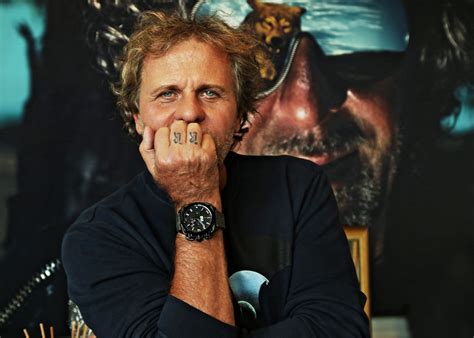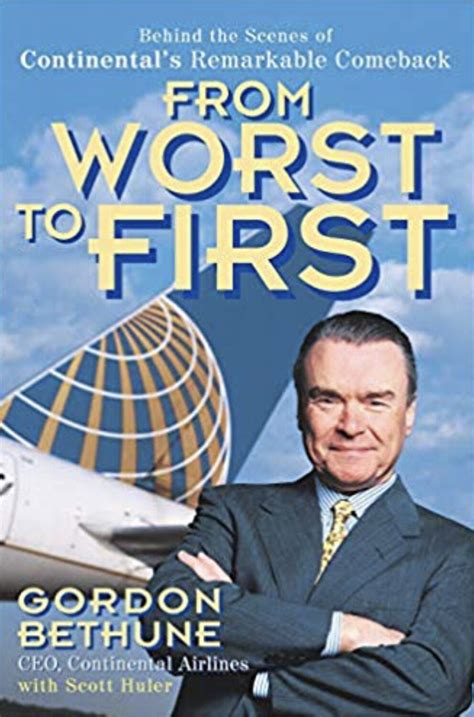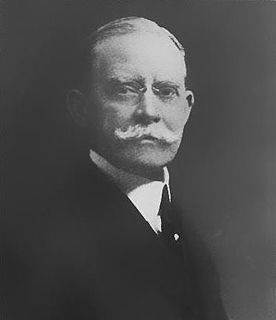A Quote by Bill Gates
Related Quotes
Convincing isn't really possible in an age of customer control. Customers hold most of the cards today. They have good visibility into their choices, and they can easily share information with each other. Not only that, they don't like to be sold. But they do like to buy. Your job shouldn't be to convince customers to buy, but to help them buy what they want.
Always treat your employees exactly as you want them to treat your best customers. You can buy a person's hand, but you can't buy his heart; his heart is where his enthusiasm is. You can buy his back, but you can't buy his brain. That's where his creativity is. Treat employees as volunteers just as you treat customers as volunteers, because that's what they are. They volunteer the best parts - their hearts and minds.
We are very pleased with Vodafone's decision to adopt Windows Mobile as a preferred software platform for its mobile business. Together, we will deliver services which we expect will help Vodafone achieve cost-efficiencies while delivering new propositions to its customers, thus making Windows Mobile an even more compelling platform.
If you ask who are the customers of education, the customers of education are the society at large, the employers who hire people, things like that. But ultimately I think the customers are the parents. Not even the students but the parents. The problem that we have in this country is that the customers went away. The customers stopped paying attention to their schools, for the most part.
At the end of the day, people (customers) don't necessarily buy into what you do; they buy into why you do it. People buy Apple because they love the Apple brand - what it stands for - they feel proud to be associated with that brand. What makes Google or Virgin or any of these 'superior' brands what they are is that they have a mission to change the world. Those are the kinds of companies that will endure the test of time.



































